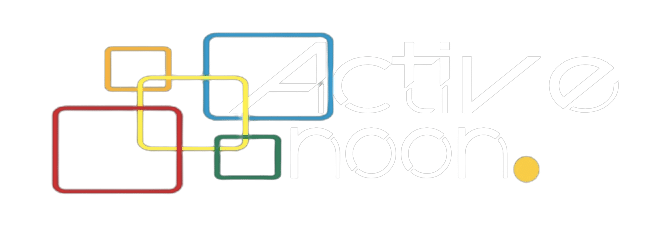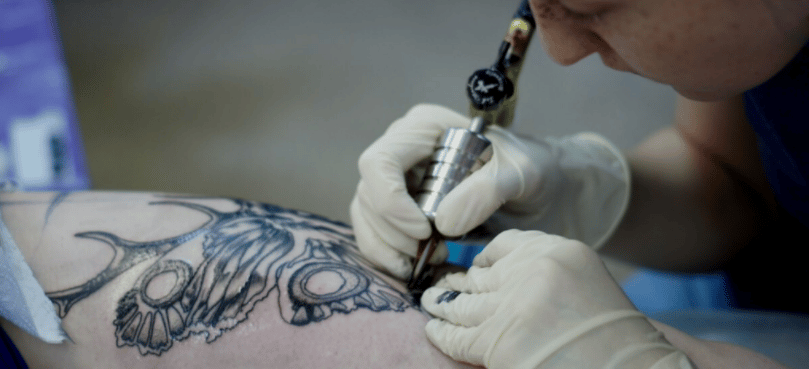When you walk into a bank to get a loan or open an account — for personal or business use — you are asked to supply several pieces of information.
These may be informational documents or just verbal or written questions that you must answer.
It may sound like they want your life story, but they ask these questions for your safety as well as their own.
The questions they ask are a part of know your business and know your customer.
Read on to learn what KYB and KYC are, how they protect you, and how you can integrate parts of these protocols into your daily life when working with businesses.
What is KYB and KYC?
Know your business (KYB) is a procedure that is used to comply with the mandatory AML (Anti-Money Laundering) regulations.
It ensures that companies, banks, and financial institutions know what company they are working with.
The KYB process includes determining who the main people are that run the business and benefit from its profits, what the business does, and its reputation.
Know your customer is very similar to KYB.
KYC is the collection of an individual’s information — typically done by banks and others who have account-based services.
Why are they important?
This determines the risk that the company may pose of committing a financial crime — or if they have committed one already.
AML regulations such as KYB and KYC have been put in place to predict the risks of and catch financial criminals.
If financial criminals are left undetected, they can quickly cause damage or even destroy financial infrastructure, businesses, the economy, and also the governments of countries worldwide.
Things like money laundering, funding criminal activities or terrorists, embezzlement, scamming, and fraud can be very destructive and easily hidden — until it is too late.
Be more vigilant in your business life
KYB and KYC procedures include collecting documents like drivers or business licenses, registration paperwork, identification of the beneficial owners.
It is a relatively straightforward process.
The information collected is reviewed and research is done to verify that the person or business is legitimate — supporting documentation is collected when possible.
After the account is opened, the individual or business can be monitored to ensure that the risks of financial crimes does not increase.
Monitoring can be done by setting a spending or deposit limit that can alert you to a possible risk, and watching for behavior that is not normal for the client.
Know your business and know your customer are protocols that are followed by all banks and financial institutions to protect the economy and themselves from financial criminals.
A financial criminal can weaken or destroy the financial structure of the company or person they are working with, plus destroy the economy of the world as a whole — if not caught and stopped.
If you are a business owner who routinely opens accounts for their clients, or you work in a financial institution, you should always follow KYB and KYC procedures.
It is important that you do your part to protect yourself, your business, and the economy.




















Leave a Reply